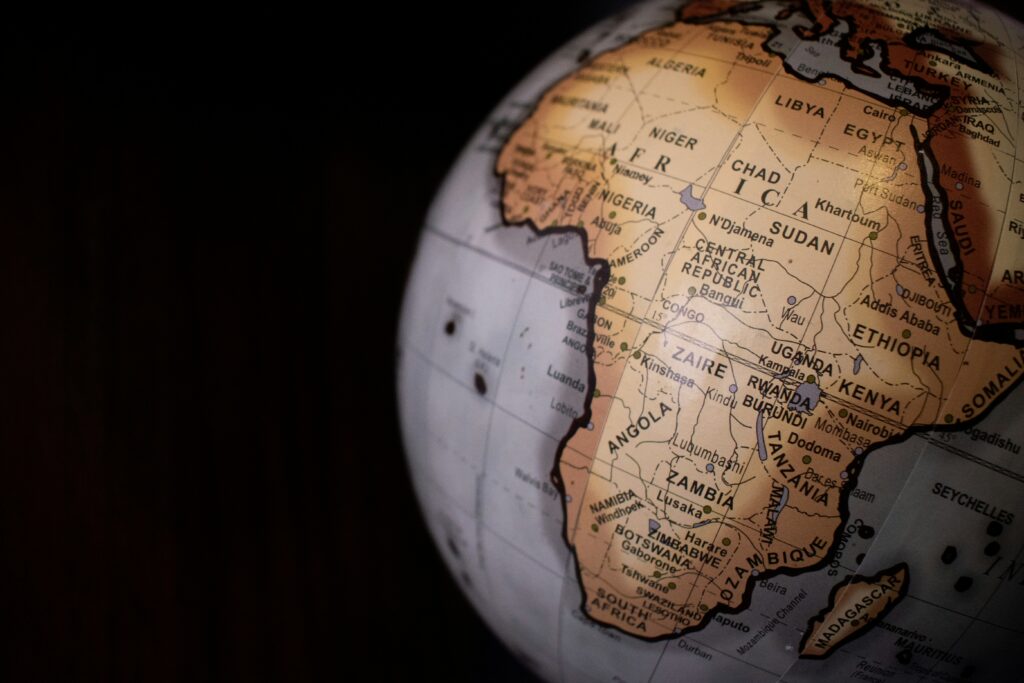Introduction
While Europe and the U.S. dominate crypto headlines, Africa is becoming one of the fastest-growing regions for crypto adoption. In 2025, millions of people across the continent are turning to Bitcoin, stablecoins, and blockchain solutions to solve real-world problems like inflation, remittances, and financial exclusion.

1. Why Africa Loves Crypto
- High Inflation: Countries like Nigeria, Zimbabwe, and Ghana suffer from unstable currencies → people protect savings with Bitcoin or USDT.
- Remittances: Millions of Africans working abroad send money home; crypto is faster and cheaper than banks.
- Unbanked Population: Over 50% of Africans don’t have bank accounts, but many have smartphones → crypto fills the gap.
2. Stablecoins Leading the Way
- Instead of volatile coins, Africans prefer stablecoins (USDT, USDC, BUSD) to protect against local currency collapse.
- Example: A Nigerian freelancer gets paid in USDT instead of Naira to avoid inflation.

3. P2P (Peer-to-Peer) Trading
- Due to strict government bans in some countries, Africans trade crypto directly on P2P platforms like Binance P2P and Paxful.
- This underground economy is massive and growing.
4. Blockchain Beyond Money
- Agriculture: Blockchain helps track crops and supply chains.
- Healthcare: Storing medical records securely.
- Education: Scholarships and credentials verified on-chain.

5. Challenges Ahead
- Regulation: Many governments still ban or restrict crypto.
- Scams: Fake investment schemes are widespread.
- Infrastructure: Internet access is still limited in rural areas.
Conclusion
Africa is quietly becoming the next frontier of crypto adoption. From stablecoins to P2P trading, blockchain is offering real solutions where traditional finance has failed. By 2030, Africa could be one of the most important crypto markets in the world.